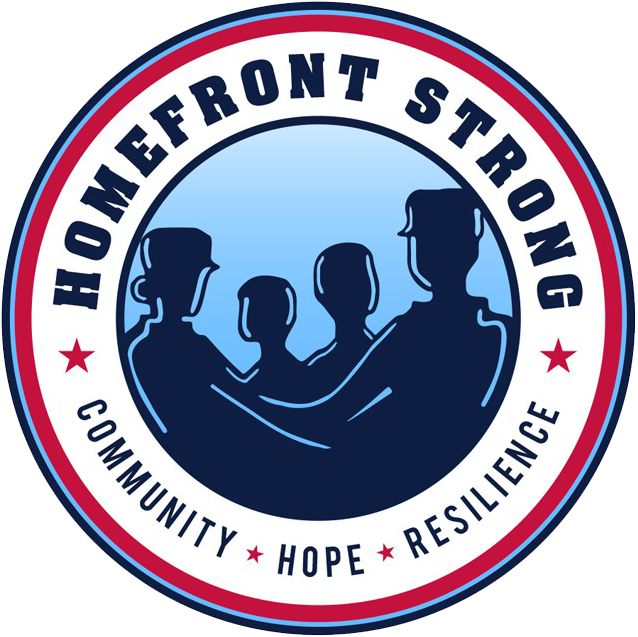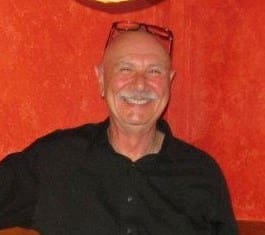JS, Hobbs
Veterans’ stories are close to JS, Hobbs’ heart. The director of “Welcome Home” has worked with numerous veterans, veteran organizations and he has heard many, many stories. He worked for several months to write the story the play is based on, listening, watching, reading, compiling.
He read the stories shared with Care For the Troops as part of the Veterans Storytelling Project. All the veterans are from Central and Western Massachusetts and Hobbs knows many of them personally. He watched hours of video and listened to hours of audio. Then he listened and watched and read some more. “I didn’t want to miss anything critical,” Hobbs says.
Somehow, he squeezed it all into a 21-page story. “We had somewhat of a time constraint,” he says. “We didn’t want a three-hour play.” And writing a story a play is going to be based on means taking into account pauses, staging, blocking and more.
“Welcome Home,” which will be performed Nov. 10-13, has minimal blocking because it relies heavily on dialogue — and emotion, Hobbs says. The play will be performed Friday, Nov. 10, and Saturday, Nov. 11, 7:30 p.m.; and Sunday, Nov. 12, 4 p.m., at Monson Memorial Hall. 198 Main St. Tickets are available here or at the Memorial Hall box office. There also will be a special performance Monday, Nov. 13, 7:30 p.m., at the Majestic Theatre in West Springfield. Call the box office, 413-747-7797, for tickets.
The story Hobbs crafted was handed off to playwright Sam Farnsworth, who turned it into a dramatic — yet, at times, funny — play. The play is set at a card game, which has brought an interesting turn to Hobbs’ role as director. “None of the actors knows how to play poker!” he laughs. The three hands they’ll be playing on stage are real games, with random deals, and knowing what to play and when to play it has resulted in lessons Hobbs didn’t expect to teach.
The stories in the play are told by Tom, a Vietnam veteran; Ron, also a Vietnam vet; Liam, a Gulf War veteran; and Shelly, a Gulf-era vet.
Hobbs is hoping for greater understanding of what veterans go through, “what it’s like to experience those things and the effect they have on your life — especially the long-living effects.” Even though the Vietnam War was over in 1975, people are still living through their memories, Hobbs says. “It doesn’t stop. Ever.”
But he also hopes the audience understands the resiliency of veterans. “These people don’t always go around sulking, feeling tragic. They live their lives as best they can. It’s their training that allows them to do that.”


